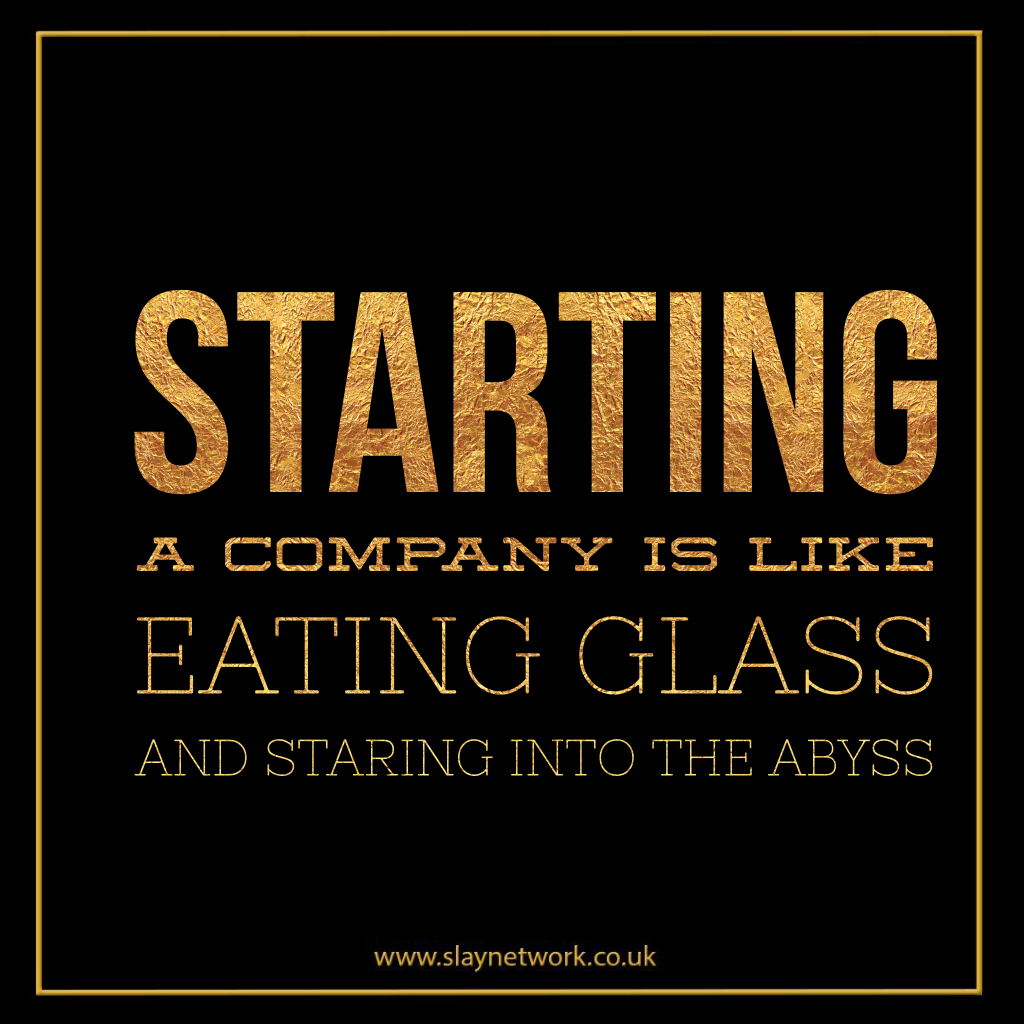
Odds are, a startup launched today will fail. In fact, three out of four venture-backed companies don’t return investors’ capital, and half of all new businesses close their doors before they’ve been open five years.
Failure is a constant in entrepreneurship. But…is it something the human brain is actually equipped, evolutionarily speaking, to deal with? Prolific inventor and serial entrepreneur Elon Musk, speaking last week at the New York Times Dealbook conference in New York City, got talking about the extreme strain entrepreneurship puts on a founder. He said: “Creating a company is a very difficult thing. A friend of mine has a saying: ‘Starting a company is like eating glass and staring into the abyss.’ You have to do lots of things you don’t like”.
He continued:
You have to put in incredible amounts of efforts and huge amounts of stress–and it’s much more painful than most people realize. And most companies die. On a certain level in your brain, your brain–we didn’t evolve, like, with companies; we evolved to respond to real death. And even though a company’s death is not real, it’s not like someone is physically dying, your brain doesn’t quite understand that on the limbic system level. So it’s really sort of painfully stressful. You probably don’t want to go through that more than once.
Wait, is the collapse of a company really more stressful than, say, battling a mastodon? We asked some scientists.
Fact check 1
”…We evolved to respond to real death,” and when a company fails “your brain doesn’t quite understand that on the limbic system level.”
Bradley Keele, a professor of psychology, neuroscience, and biomedical studies at Baylor University, gives this a thumbs up. In an email, he explained that human brains have evolved emotional mechanisms–mostly reactive chemicals–to help us survive environmental dangers, say, to spur us to run from predators. Since we’re no longer a food-chain mainstay, today’s environmental dangers include work stresses, paying mortgages–or, perhaps, major failure building a company from scratch.
“These kinds of psychological stressors activate the neurobiology in the ‘old’ parts of our brain, namely the limbic system, which evolved to cope with severe threats such as predation,” Keele says. Modern psychological stressors can linger longer than those old paleomammalian-brain responses, he says.
Verdict: True.
Fact check 2
“You probably don’t want to go through that more than once”
The German scientist and writer Stefan Klein took up the topic of coping with loss, and its long-term effects on the mind and body in his 2006 book, The Science of Happiness. He notes that the same stress hormones our bodies release when faced with trauma can become highly detrimental in the long-term. If sorrow turns into lasting depression, the body’s chemical reaction to that can affect the hardwiring of the brain. “In the process, the brain loses its adaptability,” Klein writes. “If this condition is prolonged, the consequences can be devastating: gray cells shrink…other parts of the brain lose so much matter that they just shrivel up.”
Verdict: True.
It makes the Silicon Valley mantra of “fail fast, move on” sound positively healthy.
By Inc
Want to join the world’s most elite social platform? Click here





